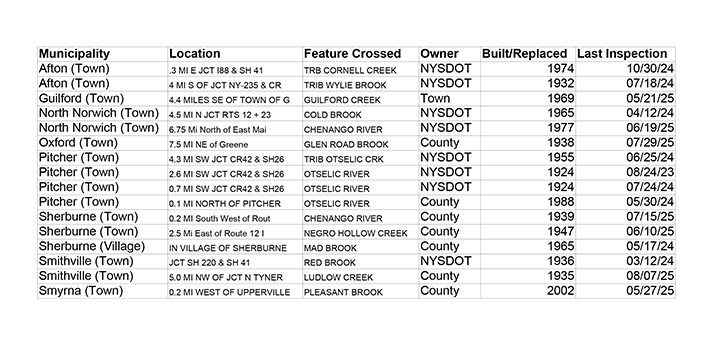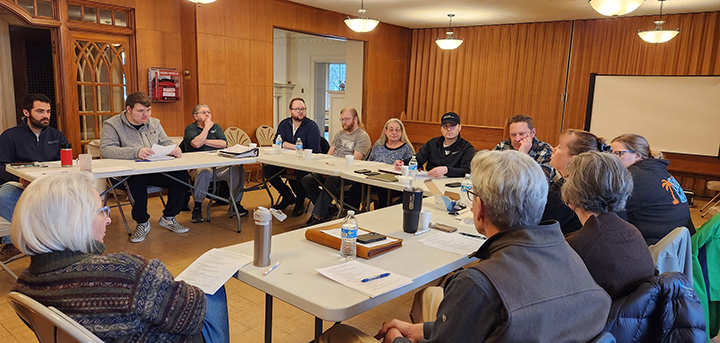Tilting at Windmills: Hating “West Side Story”
It being the Christmas season and all that, I thought it would be fun to scatter around a little “Bah Humbug” and tell you why I have always hated West Side Story.
Not the music. Which is great. And not the lyrics, which were clever, even if sometimes a little pedestrian: “Automobile in America ▪ Chromium steel in America ▪ Wire-spoke wheel in America ▪ Very big deal in America.“
And of course, the dancing and acting were energetic enough to electrify a small country.
Nor was I particularly bothered by expropriation of the Romeo and Juliet plot … tragic as a play and exquisitely heartbreaking as a ballet. I’m okay with both of those.
What I hated about West Side Story was the message. Even when I was a teenager, something in the recurring theme tugged, as it were, at the ragged hem of my brain.
It wasn’t until I was out in the world, working at my first job, paying all my own bills, and embarking upon the precarious (if romantic) life of a “starving young artist” – but without the starvation part. I could always afford a good meal – that I figured out what bothered me.
First, a little background: The musical was conceived of by Jerome Robbins, who was also the choreographer, and written by Arthur Laurents. Leonard Bernstein wrote the music and Stephen Sondheim wrote the lyrics. Clearly a stellar creative team. It was produced on Broadway in 1957, and in 1961 was made into a wildly successful movie, which won 10 Academy Awards, including Best Picture. The Library of Congress referred to it as “one of the greatest musical films of all time.”
For reasons that still befuddle me, in 2021, Stephen Spielberg decided to remake this classic movie, which I have not seen. As to the storyline, briefly, it is a retelling of Shakespeare’s Romeo and Juliet, but set in New York City in the 1950s. The main characters belong to two rival gangs. The Jets (white kids born in the United States) and the Sharks (teens from Puerto Rico). Like with Shakespeare’s doomed lovers, Tony (the handsome, sweet-natured white guy – a Jet) falls in love with Maria (the beautiful and kind sister of nasty, angry, violent Bernardo – a Shark).
Forbidden love!
Okay. Now here is what I finally figured out annoys me about this American musical.
Romeo and Juliet – Shakespeare’s play – was set in Verona, Italy in the mid-1500s, a time during which family and family-convention ruled everyone’s lives. If papa was angry at Giovanni down the block, you had to be angry at Giovanni, too. If your family and the DeCarlo family were feuding, it was your duty to participate in the dispute … even if you had no idea what they were fighting about. And if you were a young girl, like Juliet (not a great time to be female) you had no power over your own life. None. Zero. Nada. If Daddy said you had to marry a buffoon, a doctor, or a dinner plate, you had no other option. That is what you did.
In Shakespeare’s play, the young lovers showed incredible courage in defying their parents and sneaking off to get married, even though their love was doomed by the circumstances of their birth.
But reality was different for Tony and Maria in New York City in the 1950s.
Was there prejudice then? Yes. Of course. Indulge in ideological deception if you like, but there always will be stupid people, irrational people, mean people, and even not-so-mean-but-misguided people in the world. Just as there will always be cliques, gangs, bands, tribes, clans and cabals. To a greater or lesser degree, every generation has its Romeos, Juliets, Tonys, and Marias.
But in America in the 1950s – despite poverty, prejudice, social hierarchy, and educational limitations – we had and still have … buses.
Trains.
Airplanes.
And, worst case scenario … feet. With shoes. That can stride from hither to yon, where you can get jobs as waitresses, housekeepers, house painters, cab drivers, janitors, or dishwashers in Yonkers, New Rochelle, Syracuse, Albany, Jersey City, or Mamaroneck. Away from gangs. Away from danger. Away. Away. Away.
So when I watched Tony and Maria, huddling together on the floor, tearfully lamenting their situation and singing “Somewhere,” my blood began to boil. Here are lyrics to that depressing song:
“There's a place for us ▪ Somewhere a place for us ▪ Peace and quiet and open air
Wait for us ▪ Somewhere ▪ There's a time for us ▪ Someday a time for us ▪ Time together with time to spare ▪ Time to learn, time to care ▪ Someday ▪ Somewhere ▪ We'll find a new way of living ▪ We'll find a way of forgiving ▪ Somewhere . . . Somewhere...”
Bla, bla, bla … and so on.
I was recently discussing this very topic with friends. Both, coincidentally, named Eileen. New York Eileen’s brother, behind in his rent, was having a hard time getting a corporate job, but doing nothing other than sending out resumes. Frustrated with his passivity, his sister asked, “Why don’t you get an interim job flipping hamburgers or selling windshield wipers? At least you’ll be able to pay your bills.”
But no. He was waiting for “Someday … Somewhere …”
My conversation with Delaware Eileen concerned people who complain about what they do not have and have not achieved. Whine. Whine. Whine. Interestingly the same group popped into both of our heads as examples: miners after coal mines close who stay where they are, go on welfare, seethe about being unemployed, and blame the world for their woes.
Bus. Remember?
Train. Remember?
Get ye on a mode of transportation and go ye where there ARE jobs. Move your butts, like our grandparents and great-grandparents did.
New York Eileen told her brother, “If I had been fired and couldn’t get a corporate job, I would be selling light bulbs and hammers at Lowe’s.” As for me? I’m sure that if I couldn’t pay my bills, I’d make a great cleaning lady. Less than stellar with a dust rag, but great with windows and floors.
Which brings us back to West Side Story, Tony, and Maria.
“Someday, somewhere ▪ We'll find a new way of living ▪ We'll find a way of forgiving ▪ Somewhere.”
Oh, for God’s sake, the two of you. Why don’t you just shut up, get on a damn bus, and GO THERE.
Bah humbug.
Copyright © Shelly Reuben, 2024. Shelly Reuben’s books have been nominated for Edgar, Prometheus, and Falcon awards. For more about her writing, visit www.shellyreuben.com.











Comments